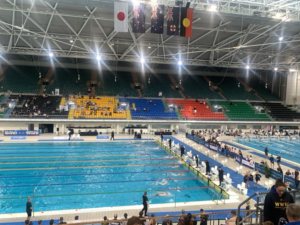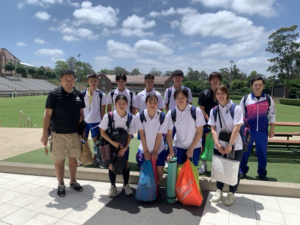On Monday 10 March, CLAIR Sydney held the CLAIR Forum 2025 at the University of Technology Sydney (UTS) and hosted an interactive panel session on the topic of ‘Waste Reduction and the Circular Economy’ in collaboration with the UTS Institute of Public Policy and Governance (IPPG), where local government members from Japan and Australia introduced and discussed their respective waste management initiatives. Over 50 people attended this forum in person and online, and a very lively Q&A session took place, where participants discussed the pros and cons of using an incinerator versus disposing waste straight to landfill in relation to the differing environmental conditions of Japan and Australia, how organic waste is disposed of differently in each country, among many other insightful topics. By comparing and contrasting the waste management systems in Japan and Australia/New Zealand, participants gained new insights and valuable knowledge that would be sure to stimulate discussions for more effective initiatives moving forward.
On behalf of all the staff of CLAIR Sydney, I would like to thank the two guest speakers, Ms Gemma Dawson from City of Sydney Council and Ms Carla Nelmes from Penrith City Council, and everyone who joined us on the day. I would also like to especially thank UTS IPPG for their support and co-hosting the event.
CLAIR aims to support local governments in Japan by contributing to their overseas strategies, and helping them gain public awareness and establish relationships between cities. To achieve this, every year CLAIR collects ‘Best Practices’ which are some of the leading-edge policies being created by local governments to combat issues affecting Japan on a national scale. CLAIR gathered information on fields of interest to various countries and regions across the globe through our overseas offices, then searched for Japanese Local Government policies related to those fields that have already gained recognition within Japan as exemplary practices. With this information, CLAIR hopes to encourage collaboration and relations with local governments overseas.
In FY2024, 13 practices were chosen for Best Practice 2024 from the categories: environmental preservation; social welfare measures; firefighting, disaster reduction; community building and urban policy; regional revitalisation, tourism, and agriculture and forestry; education and child rearing; utilisation of IT; and other. Please visit the link below for further details.

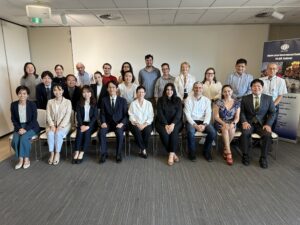
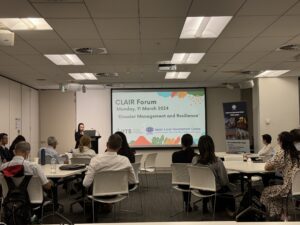
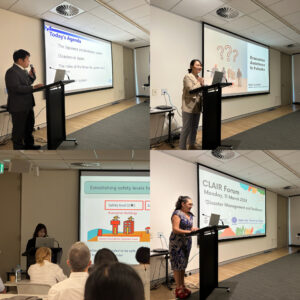
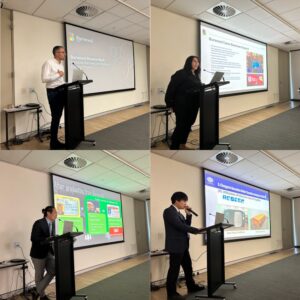
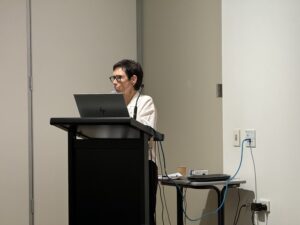
 12月3~13日、福岡県水泳連盟の選抜選手8名がNSW州を訪問し、現地の学校との合同練習とNSW州の大会に参加しました。
12月3~13日、福岡県水泳連盟の選抜選手8名がNSW州を訪問し、現地の学校との合同練習とNSW州の大会に参加しました。